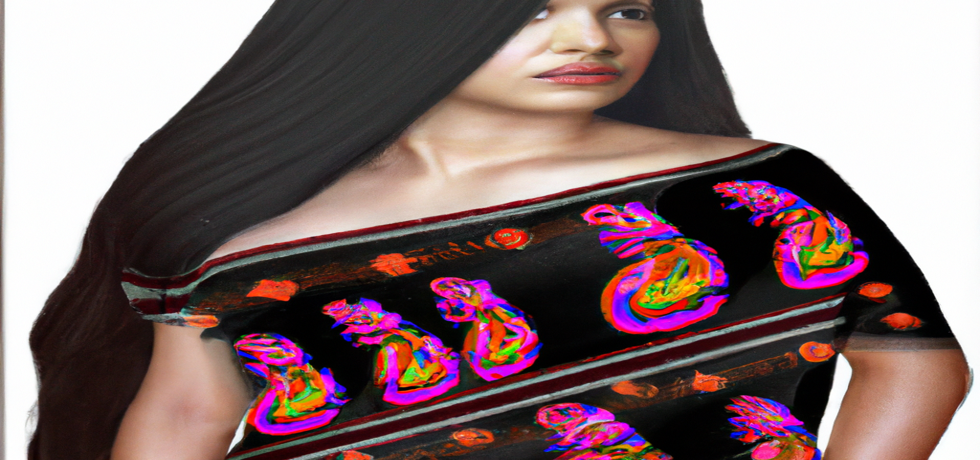
Hypopigmentation and Society: Changing Perceptions
Introduction to Hypopigmentation
Hypopigmentation is a skin condition characterized by lighter patches on the skin due to a lack of melanin. Although it is often less discussed than hyperpigmentation, those affected can face significant societal challenges. Understanding hypopigmentation can help promote acceptance and change perceptions in Indian society, where beauty standards are often rooted in skin tones.
Understanding the Causes
The primary cause of hypopigmentation is the reduction of melanin, which can result from various factors, including genetics, skin injuries, or skin conditions such as vitiligo. Knowing these causes can aid in developing a more compassionate perspective towards individuals dealing with this condition. Education about hypopigmentation can help to eradicate misconceptions and stereotypes prevalent in society.
Societal Responses to Hypopigmentation
In India, societal norms greatly influence the way individuals with hypopigmentation are perceived. Many market and media representations focus heavily on fair skin, leading to feelings of inadequacy among those who do not conform to these ideals. It’s crucial to foster understanding that beauty comes in all shades and to challenge the stereotypes associated with different skin tones.
Changing Conversations
Recently, discussions around hypopigmentation have expanded, with more people embracing diversity in skin types and colors. Social media campaigns promoting “real beauty” are paving a new way for acceptance. These movements encourage individuals to share their experiences and foster community support, offering a safe space for those living with hypopigmentation to express themselves openly and confidently.
Support and Solutions
Its essential to consider that while theres no cure for hypopigmentation, therapeutic options are available that can improve the appearance of affected areas. Consulting with dermatologists from The Skin Artistry can help provide personalized skincare solutions, which may include topical treatments or procedures that promote even skin tone. Taking action through professional guidance can empower individuals suffering from this condition.
Concluding Thoughts
Changing perceptions around hypopigmentation is a shared responsibility. By developing a better understanding of this condition, supporting those affected, and advocating for more inclusive beauty standards, we can create a more accepting society. Small efforts in awareness can lead to significant changes. If you or someone you know is dealing with hypopigmentation, seek advice from specialists who understand the nuances and can help enhance confidence and care routines.
Frequently Asked Questions
1. Can hypopigmentation be reversed?
While there is no definitive cure for hypopigmentation, various treatments can help improve the condition. Consulting a dermatologist for a tailored approach is advisable.
While there is no definitive cure for hypopigmentation, various treatments can help improve the condition. Consulting a dermatologist for a tailored approach is advisable.
2. How does society’s perception affect individuals with hypopigmentation?
Negative societal perceptions can lead to feelings of inadequacy and low self-esteem. Promoting conversations around diversity can help mitigate these effects.
3. What can I do to support someone with hypopigmentation?
Show understanding and empathy, listen to their experiences, and reinforce that beauty is diverse and not defined by skin tone.
For professional assistance and expert advice from leading dermatologists like Dr. Hital Patel, experience the benefits of hypopigmentation and society with Hair & Skin Specialist Dr. Hital Patel at The Skin Artistry. Our clinics in PDPU Gandhinagar, Vastrapur Ahmedabad, and Hyderabad offer top-quality care and personalized treatments. Visit us today to learn more about our services and take advantage of our special offers! For more insights, updates, or to collaborate, stay connected with The Skin Artistry.

